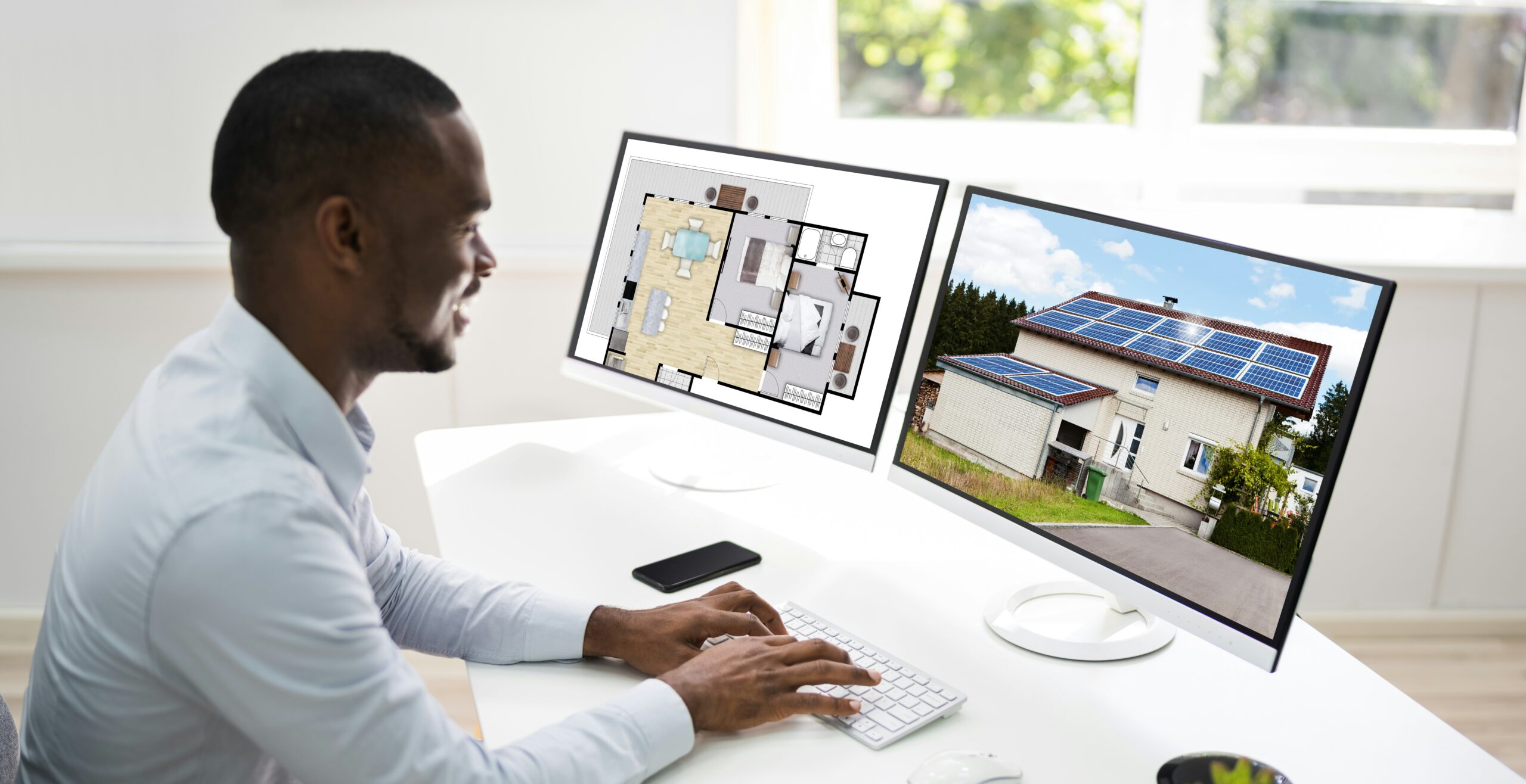
Integrating technology into property management practices has become more than a trend in the ever-evolving real estate market. It’s now necessary for property managers and owners who want to streamline operations, improve tenant satisfaction, and stay competitive. Implementing technology into property management can help automate routine tasks, enhance communication, and provide data-driven insights that lead to better decision-making. This shift reshapes the industry by introducing innovative ways to manage properties and improve service delivery.
Automation and Efficiency Boosts in Property Operations
One of the most significant impacts of technology in property management is the automation of repetitive tasks. Property managers often juggle various responsibilities, from handling rent collections and maintenance requests to keeping track of lease agreements and tenant communications. Technology can help automate many of these tasks, allowing property managers time to focus on more strategic aspects of the business.
For instance, automated rent collection platforms reduce the chances of late payments and ensure that money is transferred promptly. Tenants can pay their rent online through secure portals, eliminating the need for manual checks or cash handling. Additionally, software tools can track and send reminders about upcoming rent payments, minimizing administrative overhead for property managers. Automating lease renewals and maintenance scheduling further reduces manual labor and ensures a more efficient process, helping property managers maintain smooth operations while focusing on value-added activities.
Enhanced Communication Tools for Better Tenant Relations
Communication between property managers and tenants is crucial for maintaining healthy relationships and ensuring the timely resolution of issues. Traditional communication methods, such as phone calls or face-to-face meetings, can be time-consuming and inefficient. With technology, however, property managers can leverage digital communication platforms to enhance interaction and responsiveness.
Email systems, messaging apps, and tenant portals enable faster communication, allowing tenants to report maintenance issues or ask questions anytime. Property managers can respond to these inquiries without delay, reducing wait times and improving tenant satisfaction. Furthermore, cloud-based property management software stores communication logs, making it easy to reference past interactions and ensure consistent, transparent service. By offering multiple communication channels, technology ensures that tenants can reach out in the way that suits them best, fostering a more positive tenant experience overall.
Data-Driven Decision-Making for Improved Business Outcomes
Integrating technology in property management also gives managers access to valuable data, which can be used to make informed decisions about property operations. Through advanced property management systems, managers can track key performance indicators (KPIs) such as occupancy rates, maintenance costs, and rental income. This data can be analyzed to identify trends and areas for improvement, enabling managers to make strategic adjustments that improve overall performance.
For example, if a property is experiencing frequent maintenance issues, property managers can review historical data to identify and address common problems proactively. Similarly, analyzing rental income trends over time can provide insights into pricing strategies and market conditions. Data analytics tools make comparing properties in different locations easier, allowing for better market positioning and more informed pricing decisions. Ultimately, technology enables property managers to shift from reactive management to proactive, data-driven strategies that enhance profitability and operational efficiency.
Cloud-Based Property Management Systems for Scalability and Flexibility
Cloud-based property management software has become increasingly popular due to its flexibility and scalability. Unlike traditional on-premise software, cloud-based systems allow property managers to access data and manage their properties anywhere. This is especially useful for property managers overseeing multiple properties or managing a growing portfolio.
The scalability of cloud-based systems ensures that they can grow alongside the business. A property manager can adapt the software to handle a few properties or an extensive portfolio, meeting evolving needs without requiring significant infrastructure changes. Moreover, cloud-based systems often provide greater security, encrypting and storing data in multiple locations to protect sensitive tenant information. As the real estate market grows and evolves, cloud-based property management solutions offer the flexibility and reliability needed to stay competitive and efficient in a rapidly changing environment.
The Future of Technology in Property Management
Looking ahead, technology will continue to transform the property management landscape. With innovations such as artificial intelligence (AI) and machine learning, property managers can expect even more advanced tools for forecasting trends, managing inventory, and enhancing the tenant experience. These technologies can help automate decision-making processes, provide predictive insights into maintenance needs, and improve risk management.
Property managers who integrate technology into their operations will be better positioned to respond to changing market conditions, and tenant demands as the industry embraces these advancements. By staying ahead of the curve and leveraging the latest technological solutions, property managers can improve efficiency, reduce costs, and provide more service to their tenants. The future of property management is undoubtedly digital, and those who adapt will reap the rewards of a more streamlined and successful business model.